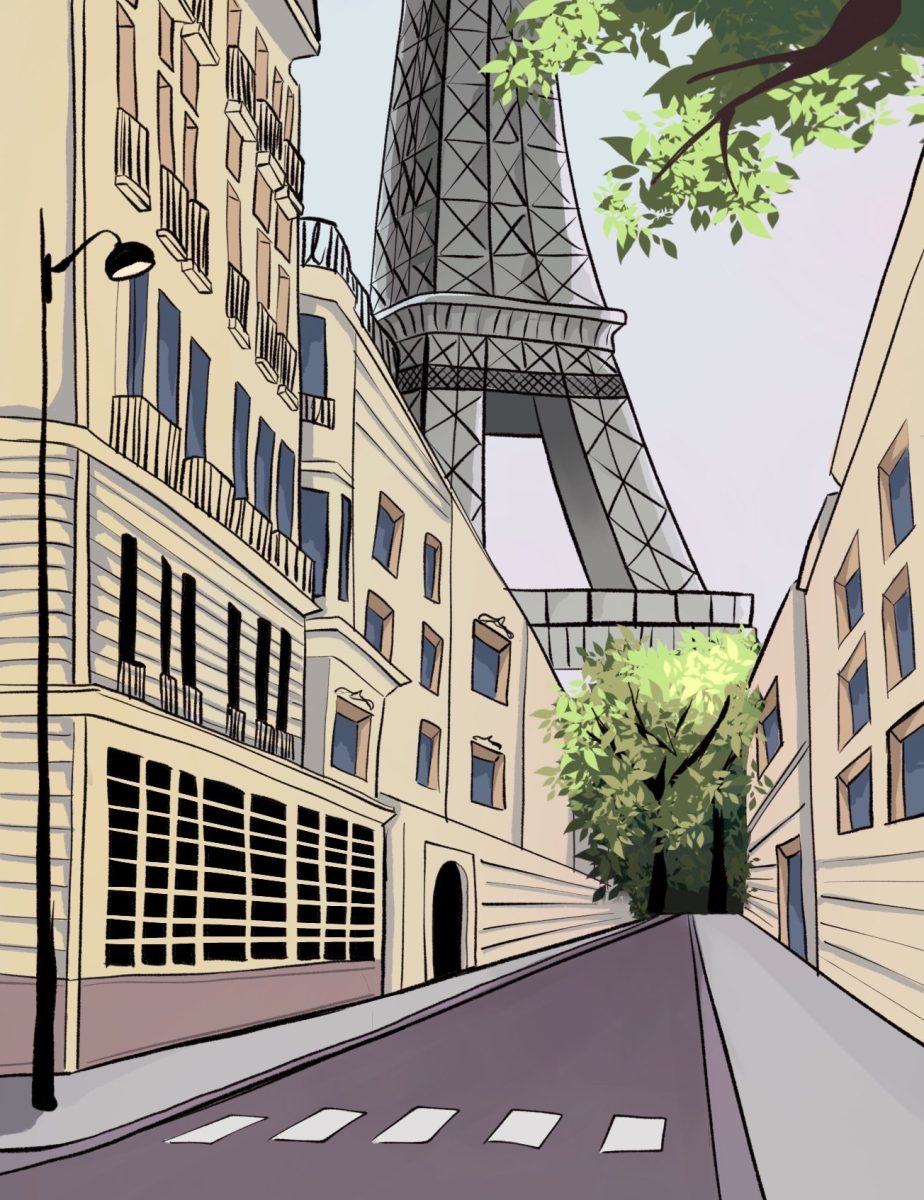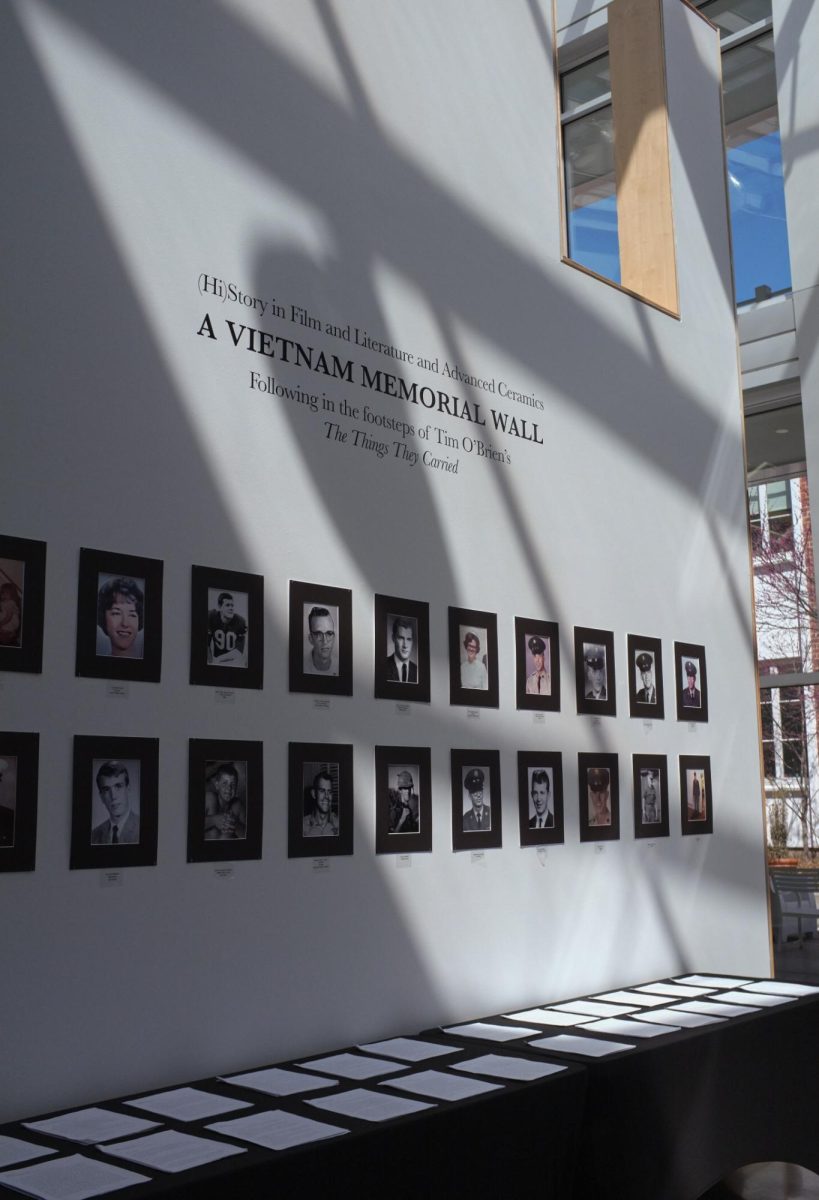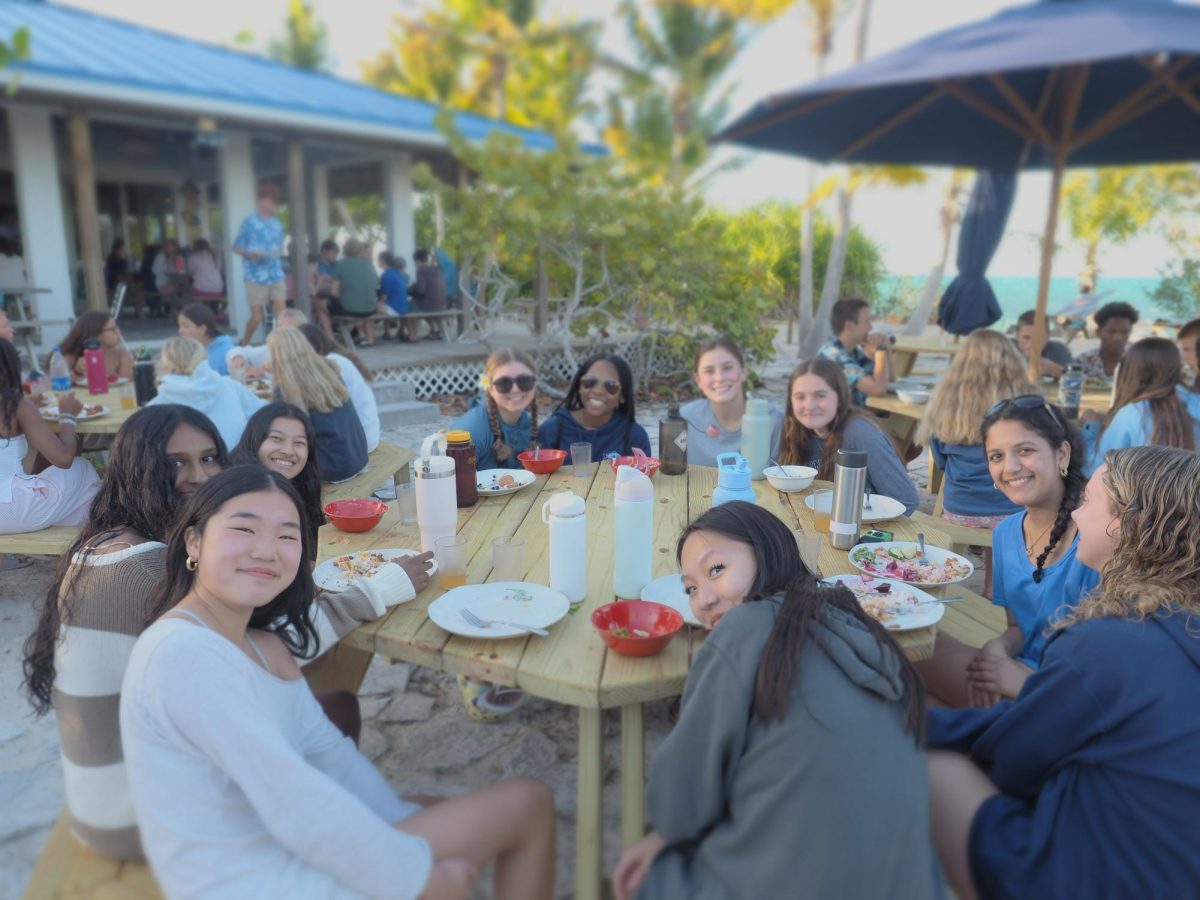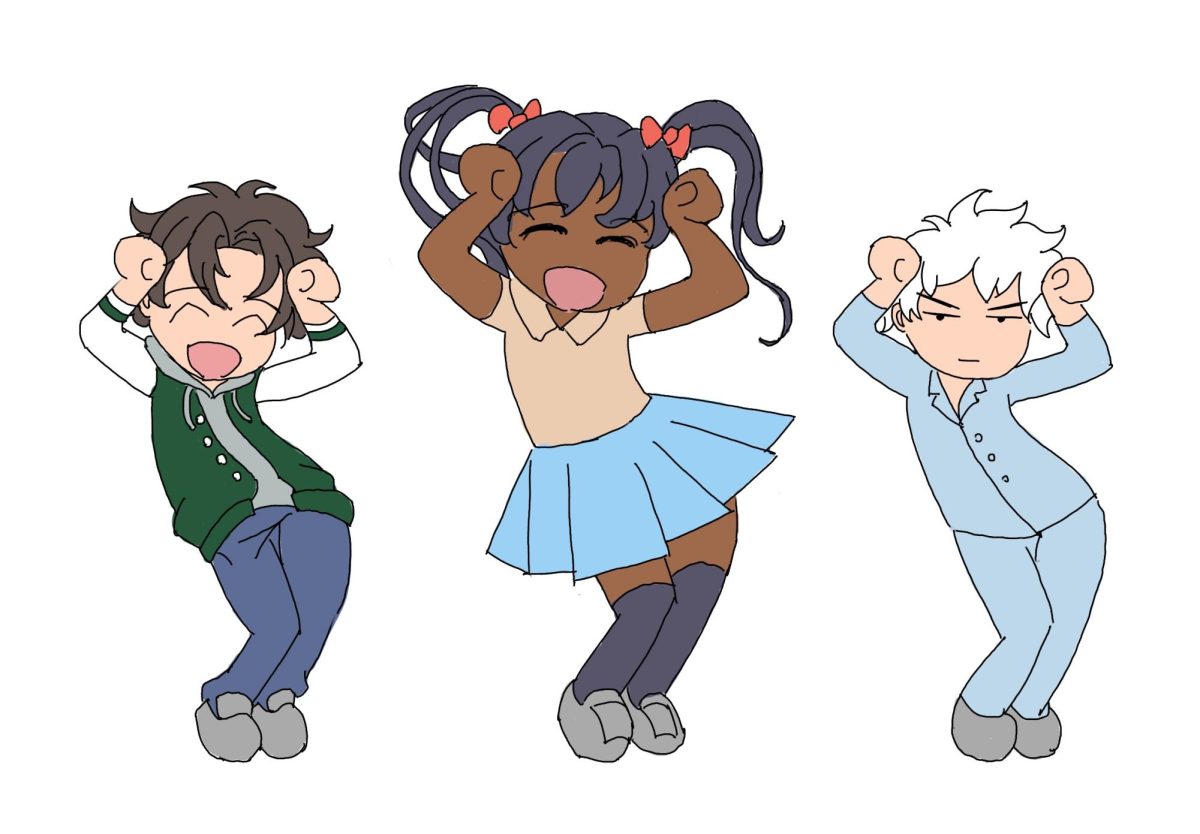With the recent surge of advancements in the field of generative artificial intelligence (AI), which has led to programs such as ChatGPT, America has been constantly debating the ethics and usability of AI. Recently, OpenAI, the developer behind ChatGPT, released a preview of their new text-to-video model. Named Sora, the model takes natural language inputs and generates a video matching the description or instructions. Although not released to the public yet, there are already many potential impacts on the PDS community.
While Sora might not have a large application for school work, its implications are noteworthy. Ms. Lauren Ledley, the Director of Academic Technology and Upper School Technology Coordinator, stated, “The first thing I worry about is […] students creating videos that might be problematic in some way.” Whether those videos depict fellow students doing something they did not, or simply have problematic content, they could potentially harm the PDS community. Although Ms. Ledley acknowledges that these videos would most likely be jokes and that students care a lot for each other, the repercussions of such generated content could affect university and job prospects. Additionally, Ms. Ledley expressed her concern for the potential disinformation and misinformation that could result from this technology, especially as election season approaches. If the general public, including students, cannot distinguish fabricated and real videos, issues might arise when people begin to react to generated videos. Fake videos might cause conflicts and panic, as well as steer students further into misinformation. However, Sophomore Hannah Kim said, “[Sora’s videos] definitely [do] not look like it’s an actual video… like the people don’t look human.” She believes that while Sora is fun to experiment with, it would not have many tangible effects on the PDS community—at least not until it improves further.
Currently, PDS has a strict policy on AI; it is not allowed in any classes unless the teacher specifies differently. However, it is not often that teachers have utilized these tools. Park details that she has only been allowed to use AI once during her time in highschool for a class. Many others have never used it at all. Both Ms. Ledley and Kim believe that it is important to learn how to use AI, including generative AI. Ms. Ledley explains, “If our students are going to go into the workforce and be using [AI] … we kind of have a responsibility to prepare [students] for that.”
As generative AI and other forms of artificial intelligence continue to improve, PDS should adapt to make sure the community is protected and acts responsibly, as well as prepare the students for a future with AI.








